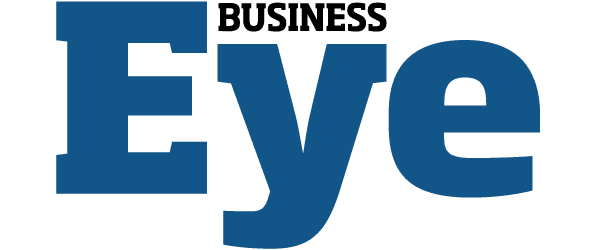The latest Ulster Bank Regional Growth Tracker highlights ongoing challenges in the Northern Ireland private sector in September, with output and new orders softening as the third quarter of 2025 came to a close. But employment continued to rise and companies were optimistic regarding the year-ahead outlook.
The headline Business Activity Index – a seasonally adjusted index that measures the month-on-month change in the combined output of the region’s private sector – posted 44.9 in September, down from 47.3 in August. Business activity has continued to soften throughout the last quarter, with the latest moderation often linked to lower new orders.
Activity decreased in three of the four broad sectors, the exception being construction where output ticked higher.
Sebastian Burnside, Chief Economist for Ulster Bank, commented:
“Companies in Northern Ireland faced a challenging end to the third quarter of the year as they found it increasingly difficult to secure new orders and therefore scaled back business activity to a greater extent.
“Nonetheless firms are still optimistic that better times lie ahead, and actually saw an improvement in business sentiment in September. This optimistic assessment of the future and associated planning is a key reason why firms continue to hire additional staff despite the falls in current workloads.
“There was some respite on the inflation front, with the pace of increase in costs slowing and coming in below the UK average. With output prices also rising at a weaker pace, firms may start to see an improvement in customer demand as we head towards the end of the year.”
The main findings of the September survey were as follows:
As has now been the case on a monthly basis for almost a year, new orders fell in the Northern Ireland private sector during September. The solid reduction was the sharpest since April. Economic uncertainty, contract delays and muted demand were among the factors leading new business to fall, according to panellists.
Projected increases in new orders in the months ahead supported optimism among Northern Ireland companies that business activity will be higher than current levels in a year’s time. Sentiment ticked up to the highest since May and was in line with the series average.
Despite reductions in business activity and new orders, Northern Ireland companies continued to increase their staffing levels in September. Panellists linked rising employment to a range of factors including the filling of long-standing vacancies, the replacement of leavers, efforts to support future growth and the need to ensure sufficient capacity. Workforce numbers increased for the fourth consecutive month, but at a marginal pace that was the slowest in this sequence.
Companies were able to reduce backlogs of work again in September, the twelfth month running in which this has been the case. Moreover, the rate of depletion was the sharpest since January.
At the same time, suppliers’ delivery times lengthened, extending the current sequence of deteriorating vendor performance which began in July. Panellists often mentioned stock shortages at suppliers.
Although input costs continued to increase sharply in September, the pace of inflation eased to a ten-month low and was slightly slower than the UK average. Respondents mentioned higher costs for electricity, IT services and raw materials. The rate of output price inflation also eased and was the slowest since January. Nonetheless, the latest increase in charges was still sharp and the fastest of the 12 monitored UK regions and nations.


